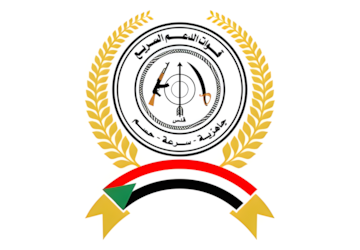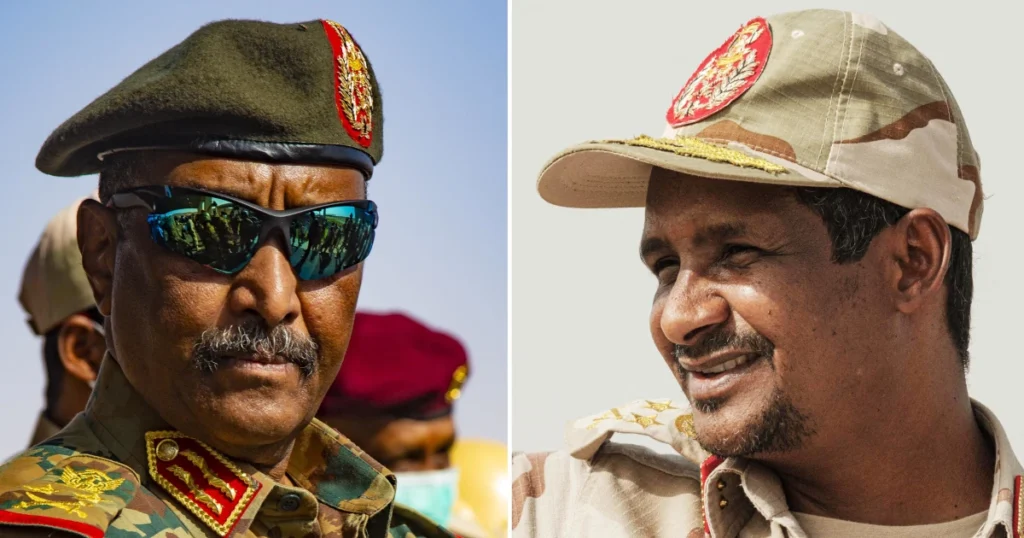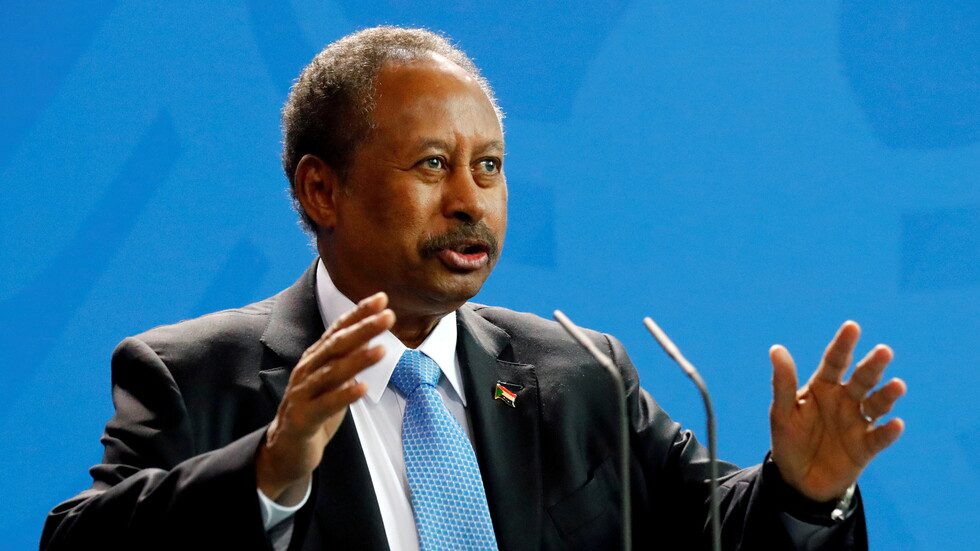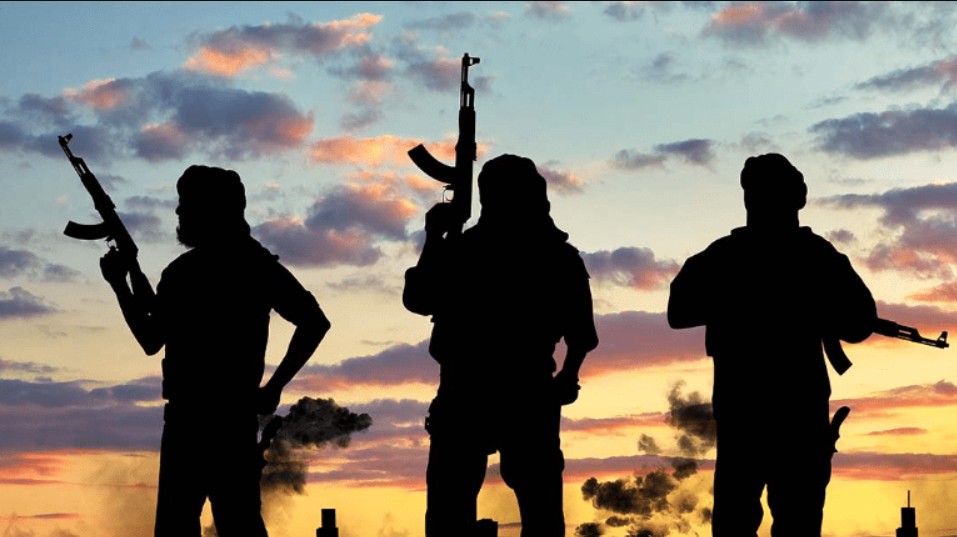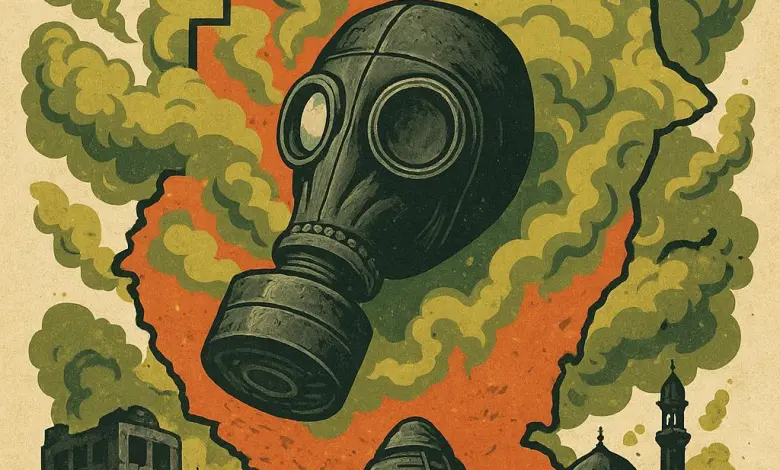
Amnesty International said Monday it has uncovered credible evidence that General al-Burhan’s army (SAF) used chemical weapons against civilians in the remote Jebel Marra region of Darfur, including young children, over the past eight months.
The human rights group’s investigation, based on satellite imagery, over 200 interviews with survivors, and expert analysis of graphic photos and videos, suggests at least 30 chemical attacks occurred during SAF’s offensive against the Sudan Liberation Army/Abdul Wahid faction.
“It is difficult to put into words the scale and brutality of these attacks,” said Tirana Hassan, Amnesty International’s crisis response director. “The images and videos we saw are truly horrific.”
Hassan said the chemical agents appeared to cause severe blistering, vomiting blood, respiratory problems, and, in many cases, death. Between 200 and 250 people, mostly children, are estimated to have died from exposure, with many more suffering long-term health effects.
Amnesty’s report includes testimonies from caregivers and survivors who described the chemicals causing skin to darken and blister, children coughing blood, and a deadly stench from clouds of black smoke that turned blue. Many victims received no medical treatment beyond home remedies such as salt and local herbs.
One woman, injured by shrapnel when a bomb exploded in her village, said she and her baby have struggled with headaches, wounds, and swelling for six months. “My baby isn’t recovering… He has blisters and wounds,” she said.
Chemical weapons experts consulted by Amnesty said the evidence strongly indicates exposure to blister agents like sulfur mustard and lewisite.
Amnesty said the chemical attacks form part of a broader pattern of abuses in Darfur, including systematic bombing of civilians, rape, and the destruction of at least 171 villages—many of which had no military presence. The group documented 367 civilian deaths in Jebel Marra during the first half of this year, with children accounting for a quarter of the victims.
“This suspected use of chemical weapons not only represents a new low in the crimes committed by the Sudanese military but also shows a staggering level of impunity,” Hassan said.
Amnesty called on the U.N. Security Council to expand the arms embargo on Sudan, ensure access for peacekeepers and aid agencies to affected areas, and investigate the use of chemical weapons. The group noted that the region remains largely inaccessible to journalists and international observers.
The findings are part of an interactive digital platform developed with SITU Research, consolidating satellite imagery, witness accounts, and photos to document the extent of the violence.
Amnesty’s Decode project, launching next week, will invite digital volunteers to help analyze satellite images from Darfur to assess damage to villages and human rights violations.
“Scorched earth, mass rape, murder, and bombs—these are the same war crimes committed in Darfur in 2004,” Hassan said. “This region has been trapped in a cycle of violence for more than 13 years, and nothing has changed except that the world has stopped watching.”

